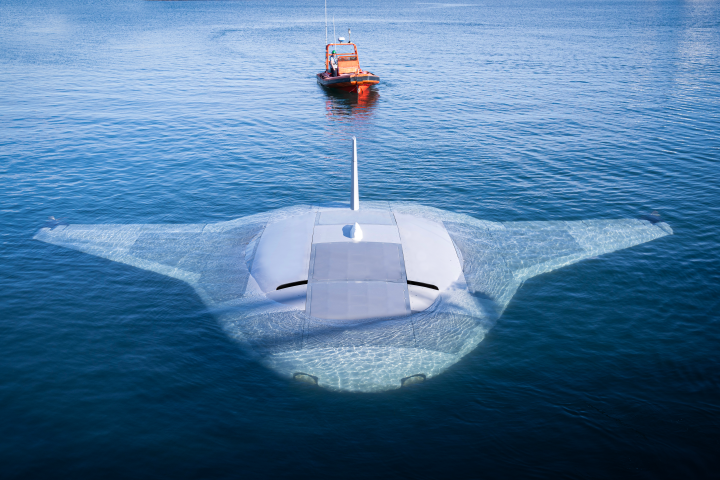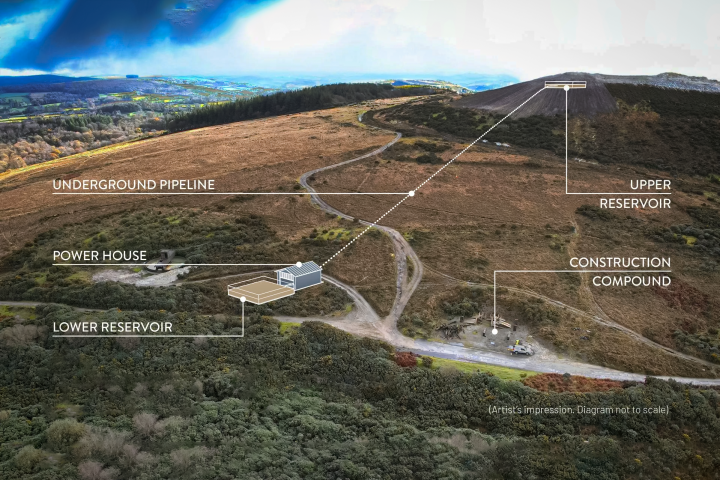In the average distribution system, as much as 30 percent of treated water is lost due to simple, fixable leaks, but the problems are often located underground, and can be hard to pinpoint. Now, researchers at Canada's Concordia University have developed a technique that could have a big impact on the problem, using "noise logger" devices to spot underground leaks to an accuracy of 99.5 percent.
It's easy to take having a good supply of clean water for granted, but it's actually a huge global issue, and one that's getting much worse, with as much as a third of the world's population expected to experience scarcity issues by 2025. A recent MIT study also looked at the issue, using various computer simulations to determine that a significant percentage of the population of Asia could suffer from water shortage by 2050.
So, what can we do about it? Well, the Concordia research team decided to focus on improving existing systems by developing an accurate method for detecting leaks, which are thought to be responsible for the loss of, on average, between 20 and 30 percent of treated water. Older systems can be even less efficient, losing as much as 50 percent of the water passing through them.
If you're looking to repair a suspected leak, it's important to know exactly where the problem is, with excavation and resurfacing being expensive, and mistakes having the potential to cause unnecessary disruption.
The researchers' solution involves installing "noise loggers" throughout a water network, using them to record noise, listening out for leaks. The units are magnetically attached to manholes, valves or hydrants across a network, switching on at a predetermined time – usually at night when background noise is minimal – to record decibel readings of noise level and spread, for a two-hour period.
The devices are battery-powered, measure 12.3 cm (4.8 in) tall and 5 cm (2 in) wide, and weigh 700 g (1.5 lb) each. If a noise that's picked up by a logger during its recording period is found to be consistent, then it's likely due to a leak. With that data in hand, the Concordia team's technique then uses predictive mathematical modelling to pinpoint the exact location of individual leaks.
"This approach can reduce the duration of a leak, as well as the cost and time involved in locating the site in need of repair," said paper co-author professor Tarek Zayed.
The team tested its technique in Qatar, which has the lowest rainfall rates, and some of the highest evaporation rates in the world. The water loss problem is thought to be worse in the country, with leaks causing as much as 35 percent of water to be lost in the average distribution network.
Placing noise loggers across the Qatar University main water network, the team was able to run the data collected through mathematical models to pick out the location of leaks. Checking the identified locations revealed that the system was working at a 99.5 percent rate of accuracy.
Moving forward, the team intends to try out the technique in other locations, while further developing and improving the leak location predictive models.
A paper detailing the new technique was recently published by the American Society of Civil Engineers.
Source: Concordia University




![The Ti EDC [everyday carry] Wrench is currently on Kickstarter](https://assets.newatlas.com/dims4/default/0ba225b/2147483647/strip/true/crop/4240x2827+0+3/resize/720x480!/quality/90/?url=http%3A%2F%2Fnewatlas-brightspot.s3.amazonaws.com%2F59%2Fb2%2F6a6fdd0348a8bfdad88bbcefec53%2Fdsc03572.jpeg)